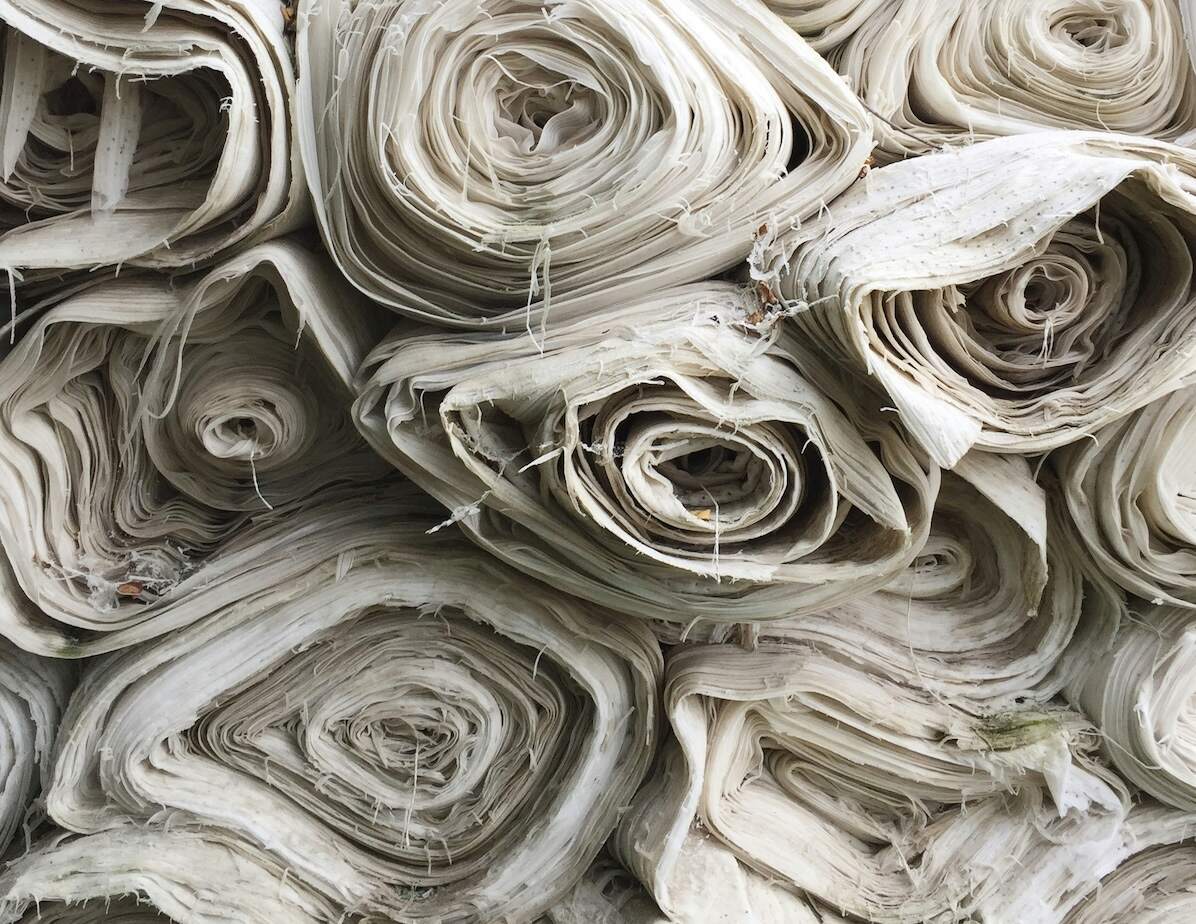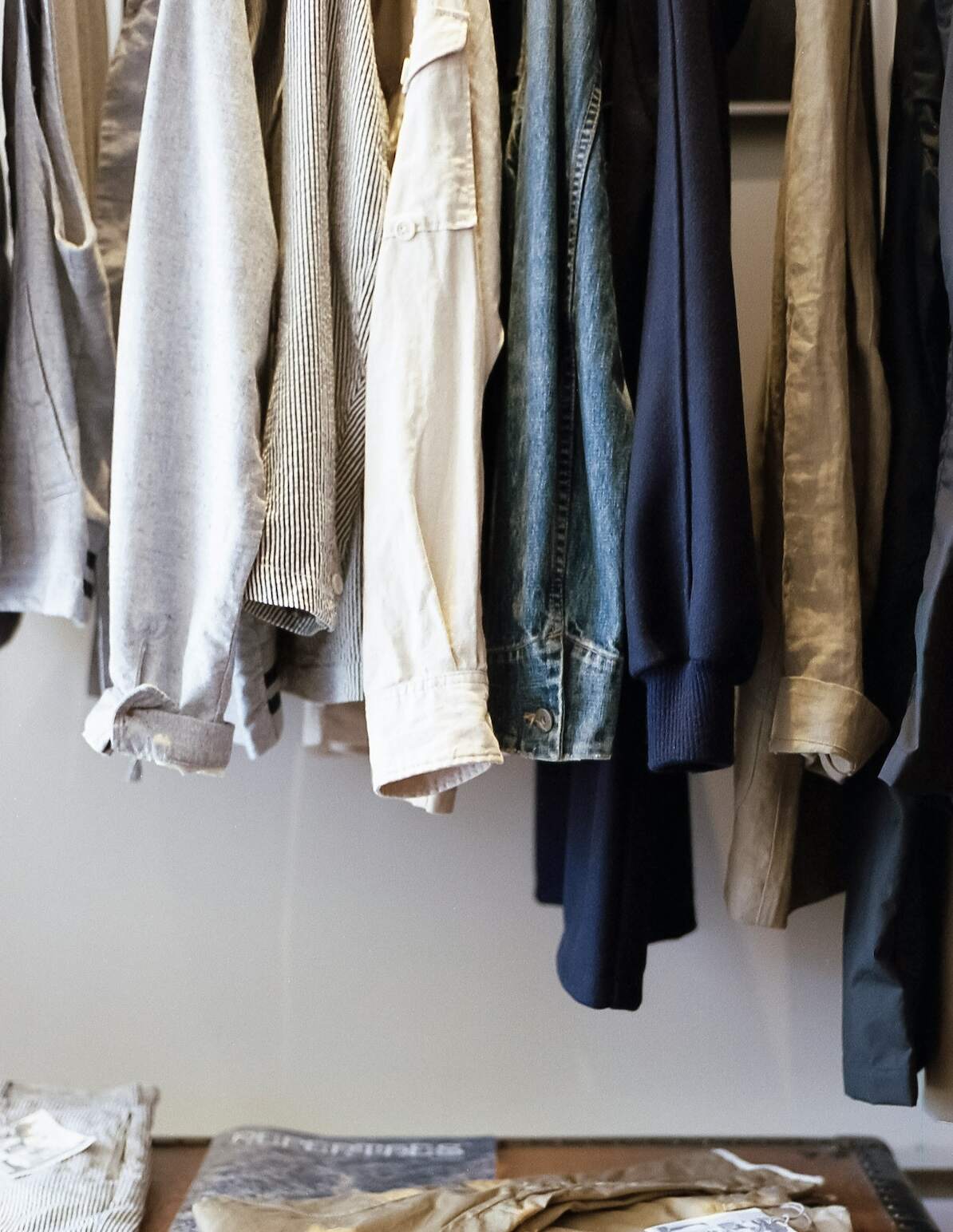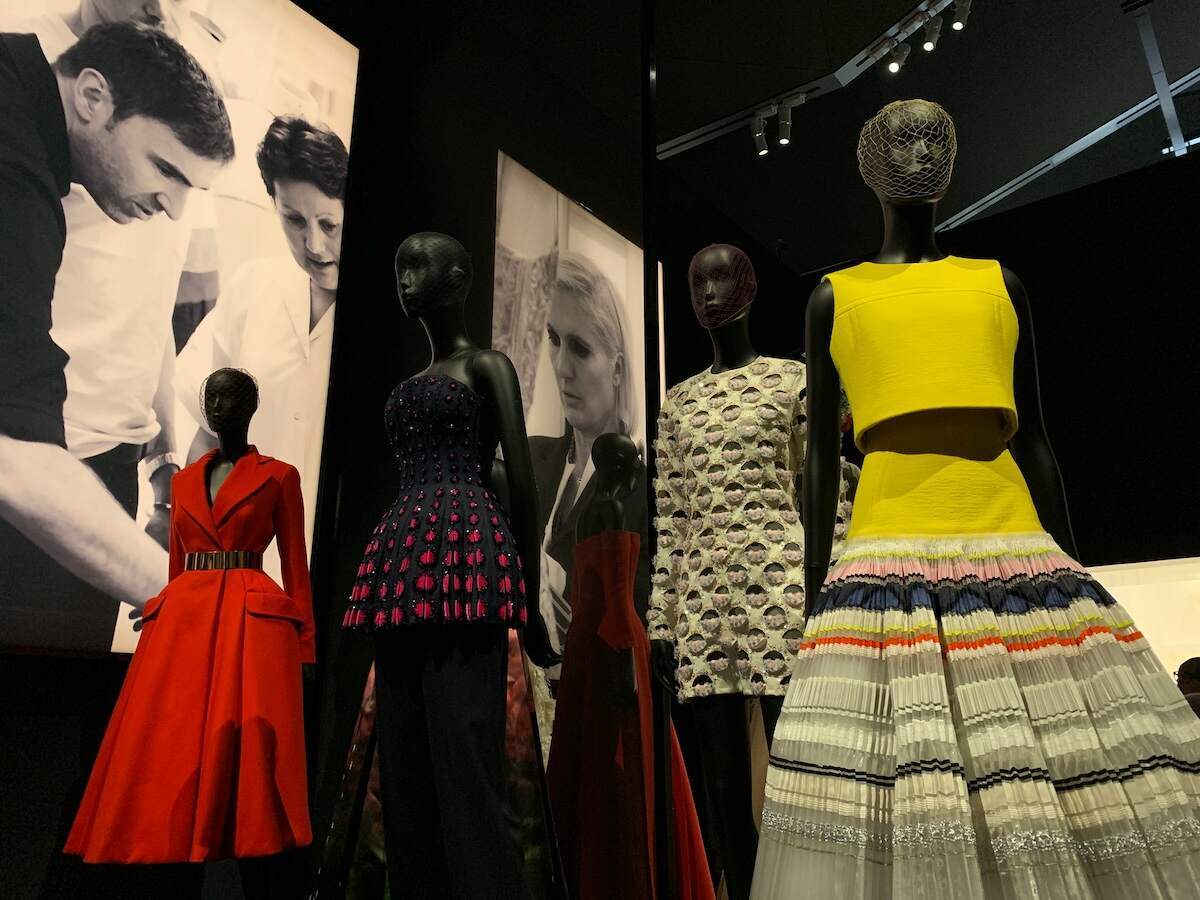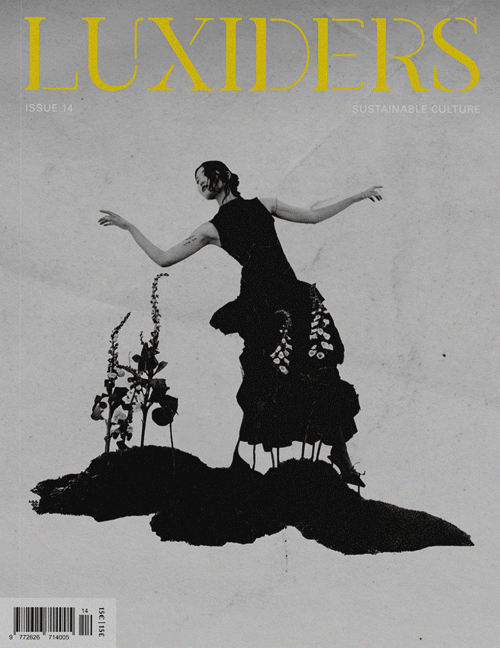
Which Are The Most Eco-Friendly Fabrics?
Which Are The Most Eco-Friendly Fabrics? In recent years, the sustainability of the fashion industry has been under scrutiny. Many fashion brands have been accused of greenwashing scandals, promoting overconsumption and increasing wastage. As we live in an age in which the eco-friendliness of products we use is always in question, its important to develop a sense of sustainability literacy and understand for ourselves which types of products are worth buying. When it comes to fashion, the key to this knowledge lies in understanding fabrics.
10% of the world’s CO2 emissions are attributed to the fashion industry. This is more than the combined emissions of the aviation and shipping industries. Such startling facts ought to make us realise the urgency for adopting sustainable practices when it comes to fashion, and already there exists public outcry and urging to change the practices of the fashion industry. However, this only ends up with brands exploiting their consumers through clever marketing tactic to effectively greenwash their products while doing very little to solve the problem at hand. To avoid falling prey to such strategies, we the customers have a responsibility to educate ourselves on the matter of clothing in relating to eco-friendliness. Don’t simply buy a piece of clothing because its tag declares itself to be “eco-friendly” or “100% recycled”, instead develop an understanding of the type of fabric.

ECO FRIENDLY FABRICS
Hemp
The versatility of Hemp has made it the source of many products. As a fabric, hemp yields a warm, breathable and durable material that becomes softer with washing and wear. The eco-friendliness of this fabric is proven by the fact that it’s biodegrable at the end of its life-cycle. The cultivation of hemp consumes reduced energy and also promotes sustainable farming practices. A hemp plant does not require a lot of water and it can produce more fibre per acre. Due to these reasons, hemp is the top of our list! Already, many new brands focused on curating eco-friendly fashion have put hemp fabric into creative and trendy use. We can safely assume that we will be seeing more of this ultra-versatile fabric in the future.
Linen
Linen is an age-old durable, lightweight and cooling fabric. Linen is made from flax , therefore Its cultivation also requires less water than cotton and it does not need any pesticides or fertilisers. The entire flax plant is used in the production of the fabric, meaning that there is almost no agricultural waste. Linen is also a strong, long-lasting fabric, which means products made from linen often have a longer life cycle, reducing the need for frequent replacements and thereby lowering overall consumption. Plus, it’s biodegradable.
Organically-produced Cotton
The cultivation of cotton does not always use the most sustainable practices. Cotton crops require a huge amount of water and farmers often use pesticides. However, as of late, there has been the production of organic cotton, which is grown without the use of pesticides. And it cannot be ignored that cotton, too is biodegradable and a better option than fabrics like polyester.
Bamboo
Bamboo is a natural fibre made from bamboo plant. The fabric is silky in texture, durable and most importantly, biodegradable. Its cultivation requires little water and no pesticides or fertilizers. However, its ranks low on our list, owing to the fact that the production of bamboo fabric produces waste and makes use of chemicals.
Leather
You may think this material has no potential for being eco-friendly given that it comes from animals. However, there have been new innovation to create a sustainable version of leather. Already such alternatives exist, such as PINATEX, a leather made from pineapple leaves or Myco Works , a leather made from the roots of mushrooms. Such innovations have the potential to revolutionise fashion and help leather be viewed as a sustainable fabric.







